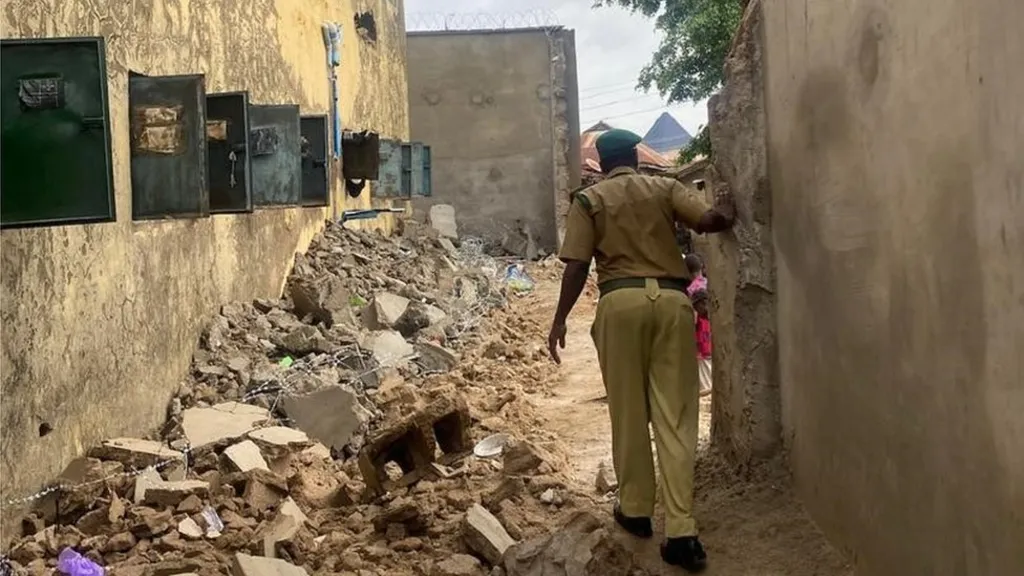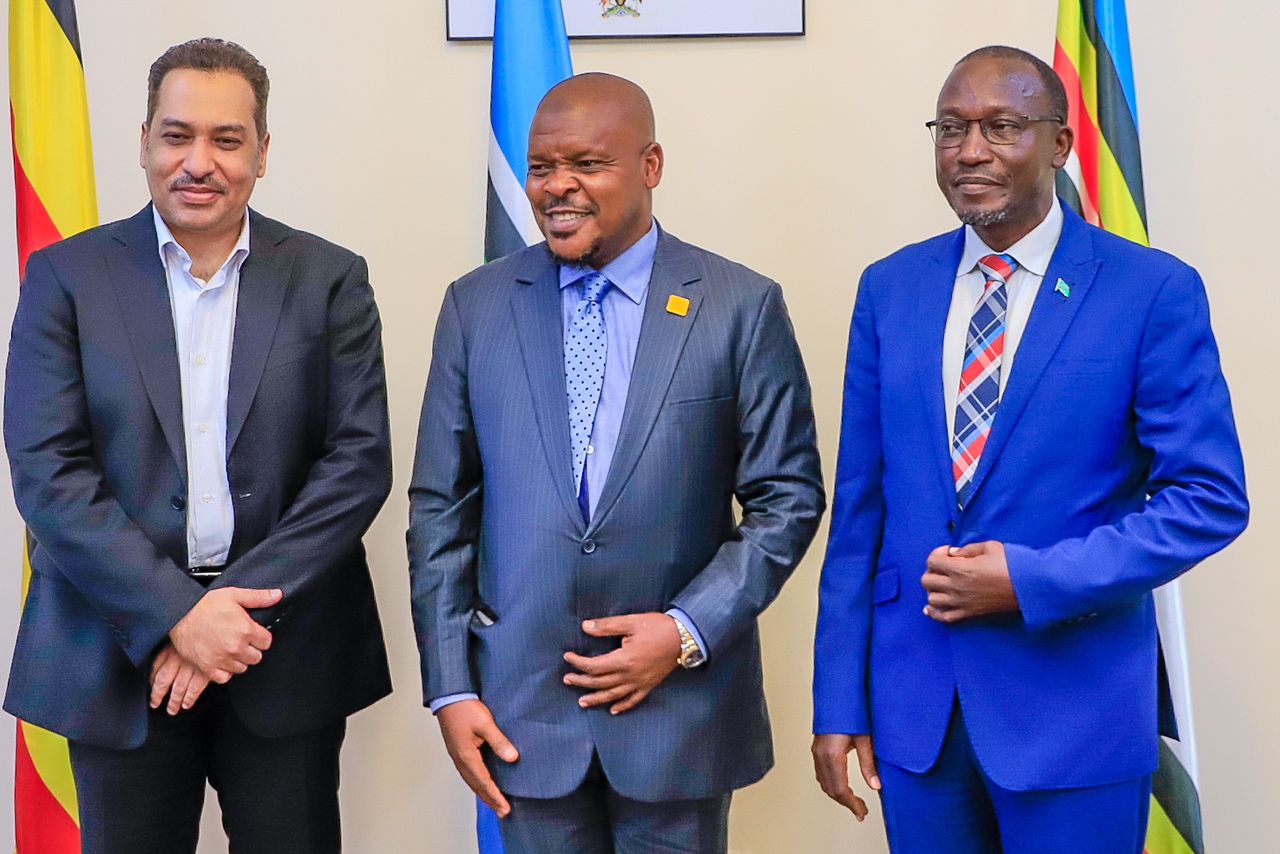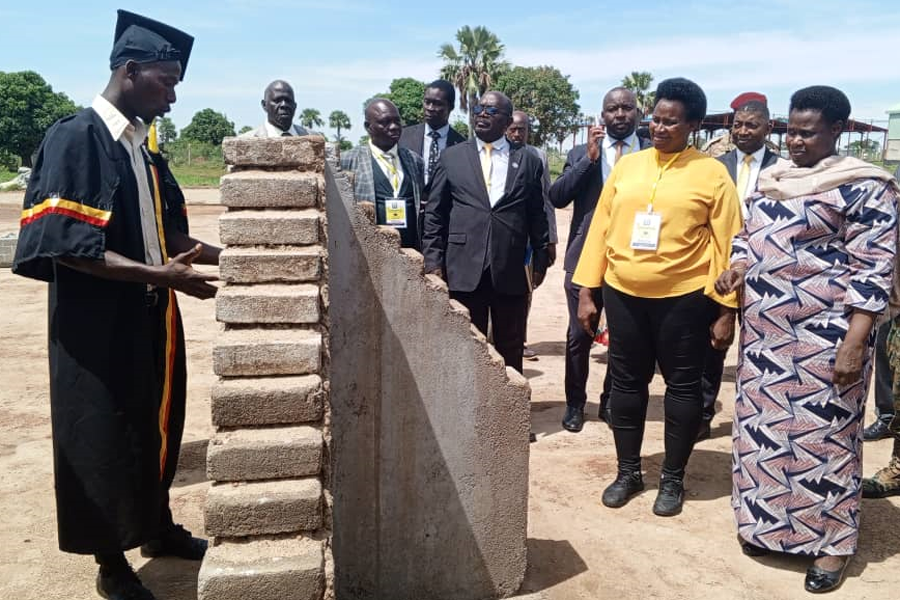Carbon trading project in Kibale National Park bears fruit
Kibale National Park is implementing a carbon trading project to curb cases of poaching.
Carbon trading is a market-based system aimed at reducing greenhouse gases that contribute to global warming. Under the Kyoto Protocol countries are obliged to reduce carbon emissions in an attempt to mitigate the effects of climate change.
The Kyoto Protocol is an international agreement signed in 1997 which commits countries by setting internationally binding emission reduction targets.
In 1994, Kibale National Park and Face the Future, an organization that develops forest carbon projects around the world, restored more than 4,000 hectares of forest cover in Kasenda Sub County, Kabarole district and in Bigodi parish in Kamwenge district, which neighbour the park.
The forest cover acts as carbon sinks, storing the carbon dioxide in the wood and soil, and preventing immediate release.
Twenty three years later, the project has since been a success after 1,151,655 tons of carbon was sold this year. Fifty-percent of the revenue was retained by the project and another 50 percent by Kibale National Park.
William Chemutai, the forest restoration manager, Kibale National Park, said that more than 80 million Shillings, which was generated from the sale of the carbon will be channeled to communities neighbouring the park to enable them engage in income generating activities such as bee keeping, piggery and goat rearing.
According to Chemutai, the activities are an inducement to communities to stop illegal wildlife activities such as poaching.
Records from Kibale National Park show that since the beginning of this year, more than 70 cases of poaching have been registered. Some of the animals are poached for bush meat and the elephants for ivory tusks.
Chemutai says that the revenue generated will also be used to dig a five-kilometre trench in the two districts to avoid animals especially elephants from destroying crops.













